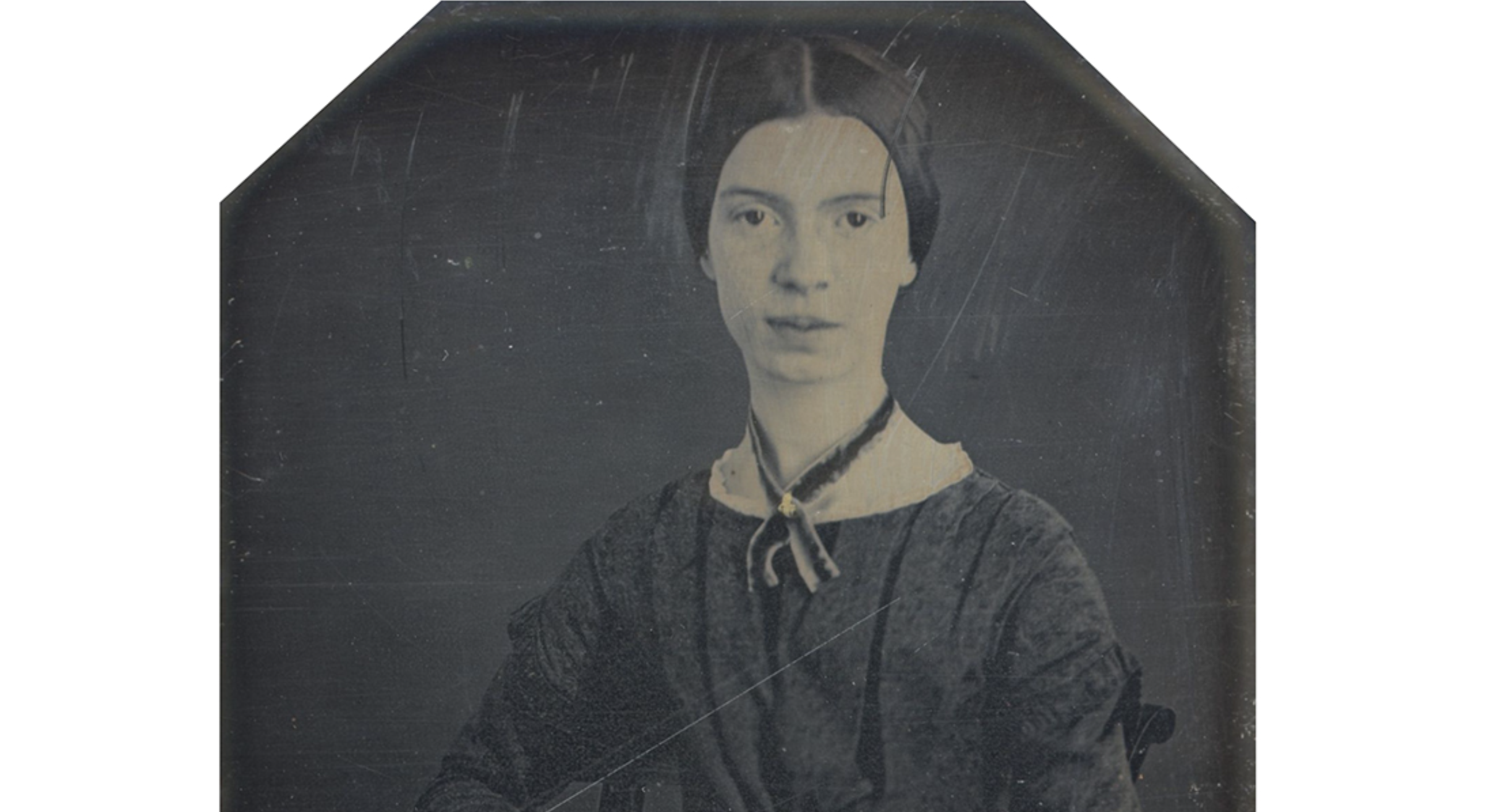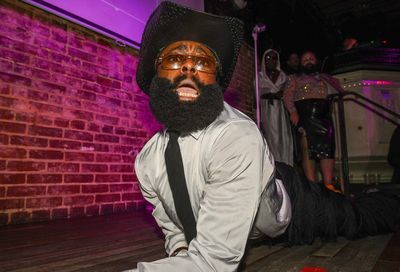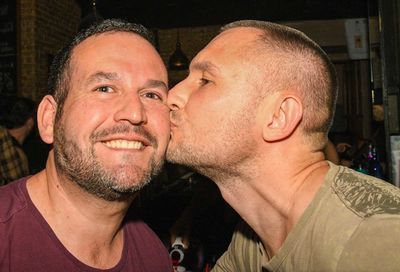GLAAD’s “Electing Acceptance” survey shows GOP candidates less comfortable with LGBTQ people than Democrats
Most Republicans who responded expressed discomfort about children being taught LGBTQ history

Democratic candidates for political office are significantly more likely to express acceptance for and comfort with being around LGBTQ people, according to a recent survey by GLAAD.
GLAAD’s 2018 “Electing Acceptance” survey asked congressional and gubernatorial candidates from all 50 states and the District of Columbia about their attitudes toward LGBTQ people, including how comfortable they would be having an LGBTQ person attend their place of worship, as a member of their family, as their child’s teacher, or as their doctor.
The survey also asked whether they’d feel comfortable with their child being taught LGBTQ history in school, seeing an LGBTQ co-worker’s wedding picture, or seeing a same-sex couple holding hands.
According to the survey’s results, 99% of the responding Democrats are categorized as “allies, meaning they are comfortable with LGBTQ people in all seven scenarios. The remaining 1% are categorized as “detached supporters,” who have varying levels of comfort with LGBTQ people based on different scenarios.
Fifty-five percent of the 32 Republicans who responded are classified as allies. An additional 40% are classified as “detached supporters.” Among that group, nearly all of them expressed discomfort when asked about their children having a lesson on LGBTQ history in school.
The questions in the survey mirror GLAAD and The Harris Poll’s annual Accelerating Acceptance report, which measures different degrees of acceptance for LGBTQ people.
In total, 240 Democratic candidates, 32 Republican candidates, and 79 third-party candidates responded to the survey.
Only four incumbent Republicans responded: U.S. Reps. Carlos Curbelo (Fla.), Don Young (Alaska), and Brian Fitzpatrick (Pa.), and Vermont Gov. Phil Scott. All four are classified as allies.
Eighty-one percent of the third-party candidates, including Libertarians, independents, and Greens, are categorized as allies.
“Americans deserve to know if the candidates they are putting in positions to make important decisions about their lives, their families, and their communities match their own levels of comfort and acceptance when it comes to LGBTQ people,” Sarah Kate Ellis, the president and CEO of GLAAD, said in a statement.
“Acceptance should never be a partisan issue, but the paltry response from Republican candidates is unfortunate and the latest sign that creating an America where LGBTQ Americans are accepted is not a priority for their party,” Ellis added. “These results, coupled with the Department of Health and Human Services’ planned attack on transgender Americans, is a wakeup call for LGBTQ people allies to get out and vote on November 6.”
Locally, a number of elected officials and candidates for office failed to respond, though those that did were largely classified as allies.
In Washington, D.C., Shadow Sen. Michael D. Brown (D) and Shadow U.S. Rep. Franklin Garcia (D) were classified as allies, but Del. Eleanor Holmes Norton (D) and Libertarian challenger Bruce Majors failed to respond to the survey.
In Maryland, Democrats classified as allies include: U.S. Sen. Ben Cardin, U.S. Reps. Dutch Ruppersberger, John Sarbanes, and Jamie Raskin, congressional candidates Jesse Colvin and David Trone, and gubernatorial nominee Ben Jealous.
Also classified as allies were Republican congressional candidate Charles Anthony, who is challenging Sarbanes; Republican William Devine, Libertarian Jacob Pulcher, and Green Party nominee Patrick Elder, all of whom are challenging U.S. Rep. Steny Hoyer; Republican Amie Hoeber and Green Party nominee George Gluck, who are challenging Trone for the open 6th Congressional District seat; and Republican John Walsh, who is challenging Raskin.
Republican George McDermott, who is challenging U.S. Rep. Anthony Brown, and Libertarian David Griggs, challenging U.S. Rep. Elijah Cummings, are classified as “detached supporters.” Neither Brown nor Cummings responded to the survey.
In Virginia, U.S. Rep. Don Beyer (D) was the only incumbent to respond to the survey. Both he and his Republican challenger, Thomas Oh, were classified as allies. Other allies include Democratic congressional challengers Elaine Luria, Leslie Cockburn, Anthony Flaccavento, and Jennifer Wexton, and Libertarian Stevan Porter, who is challenging U.S. Rep. Gerry Connolly (D).
Support Metro Weekly’s Journalism
These are challenging times for news organizations. And yet it’s crucial we stay active and provide vital resources and information to both our local readers and the world. So won’t you please take a moment and consider supporting Metro Weekly with a membership? For as little as $5 a month, you can help ensure Metro Weekly magazine and MetroWeekly.com remain free, viable resources as we provide the best, most diverse, culturally-resonant LGBTQ coverage in both the D.C. region and around the world. Memberships come with exclusive perks and discounts, your own personal digital delivery of each week’s magazine (and an archive), access to our Member's Lounge when it launches this fall, and exclusive members-only items like Metro Weekly Membership Mugs and Tote Bags! Check out all our membership levels here and please join us today!



























You must be logged in to post a comment.